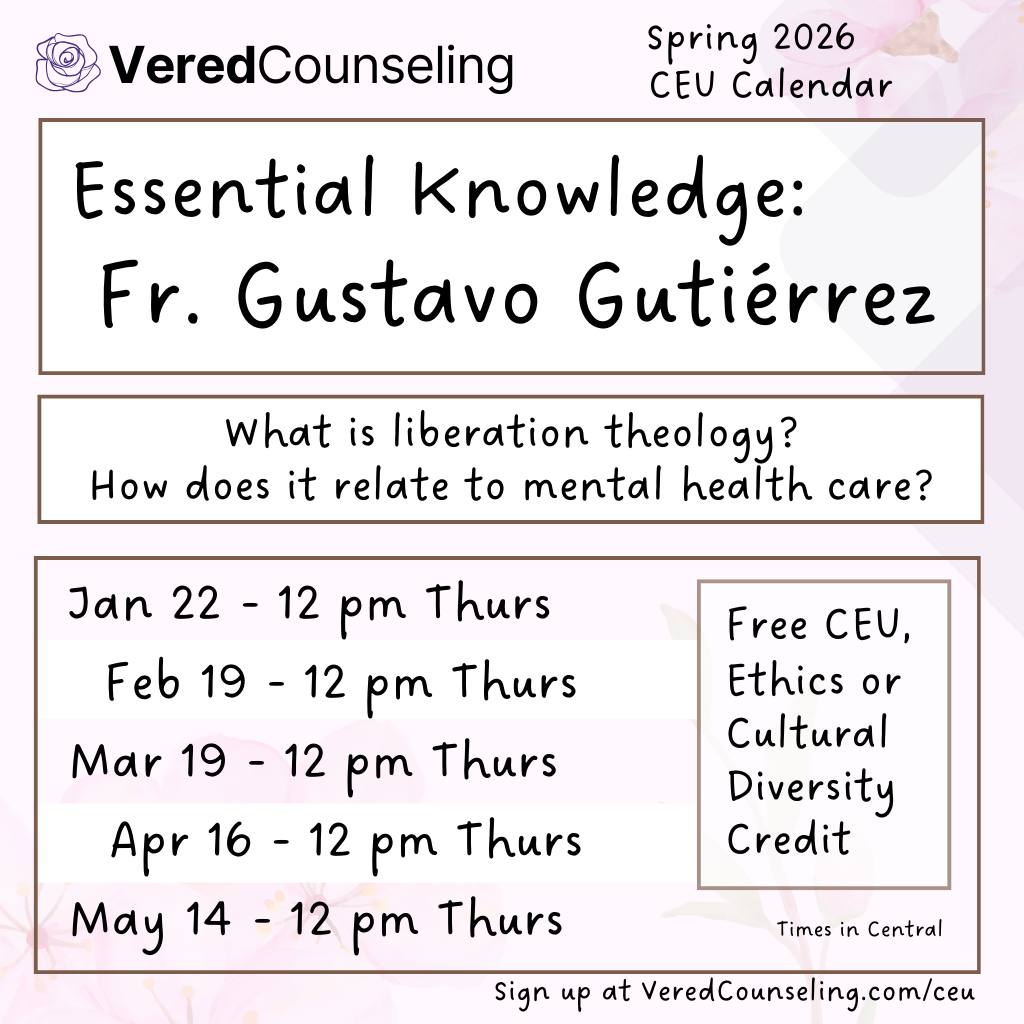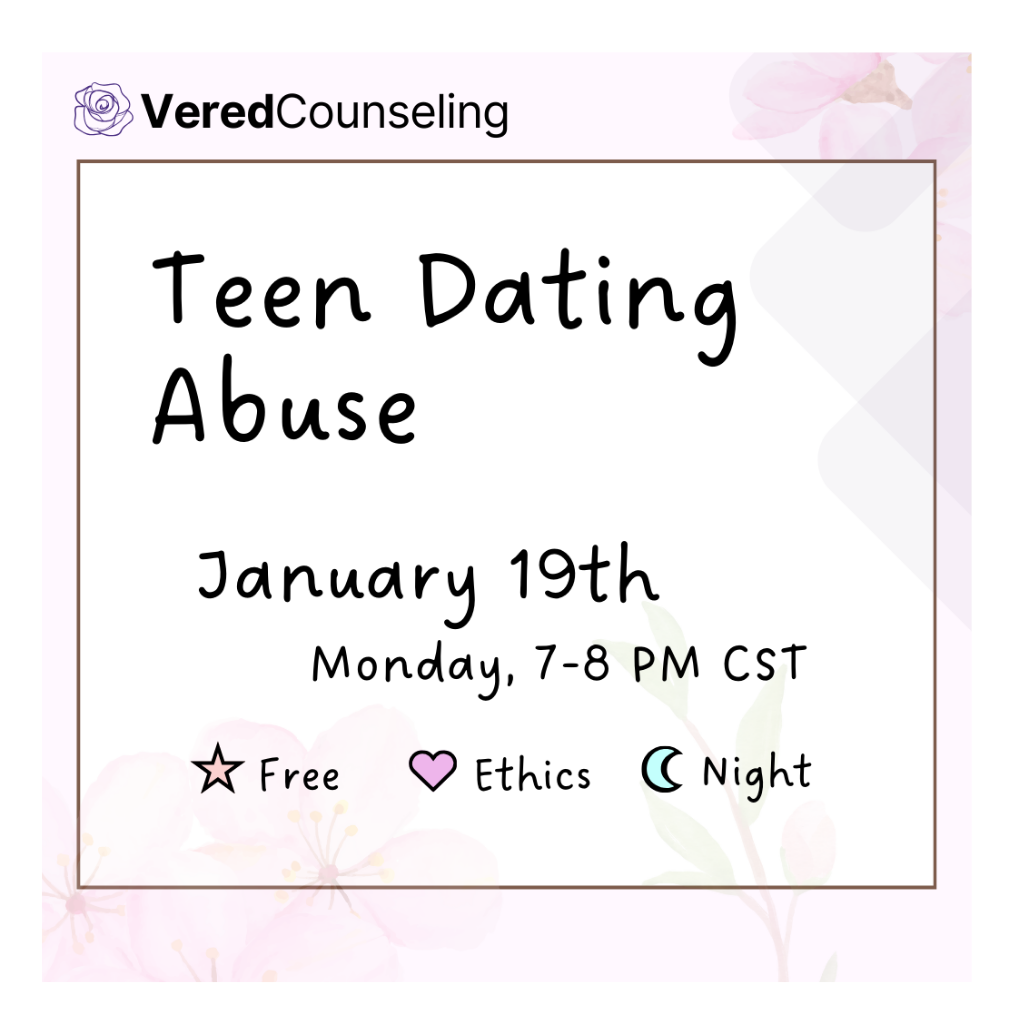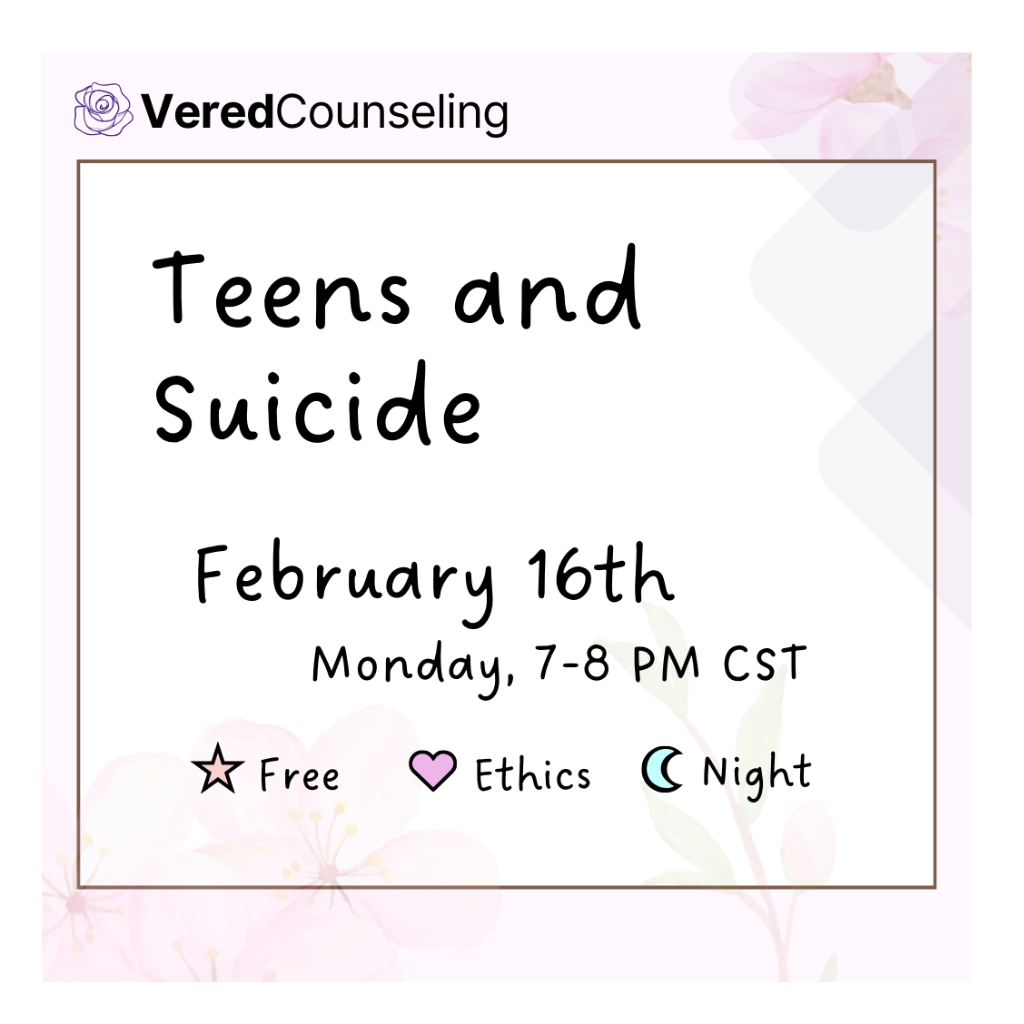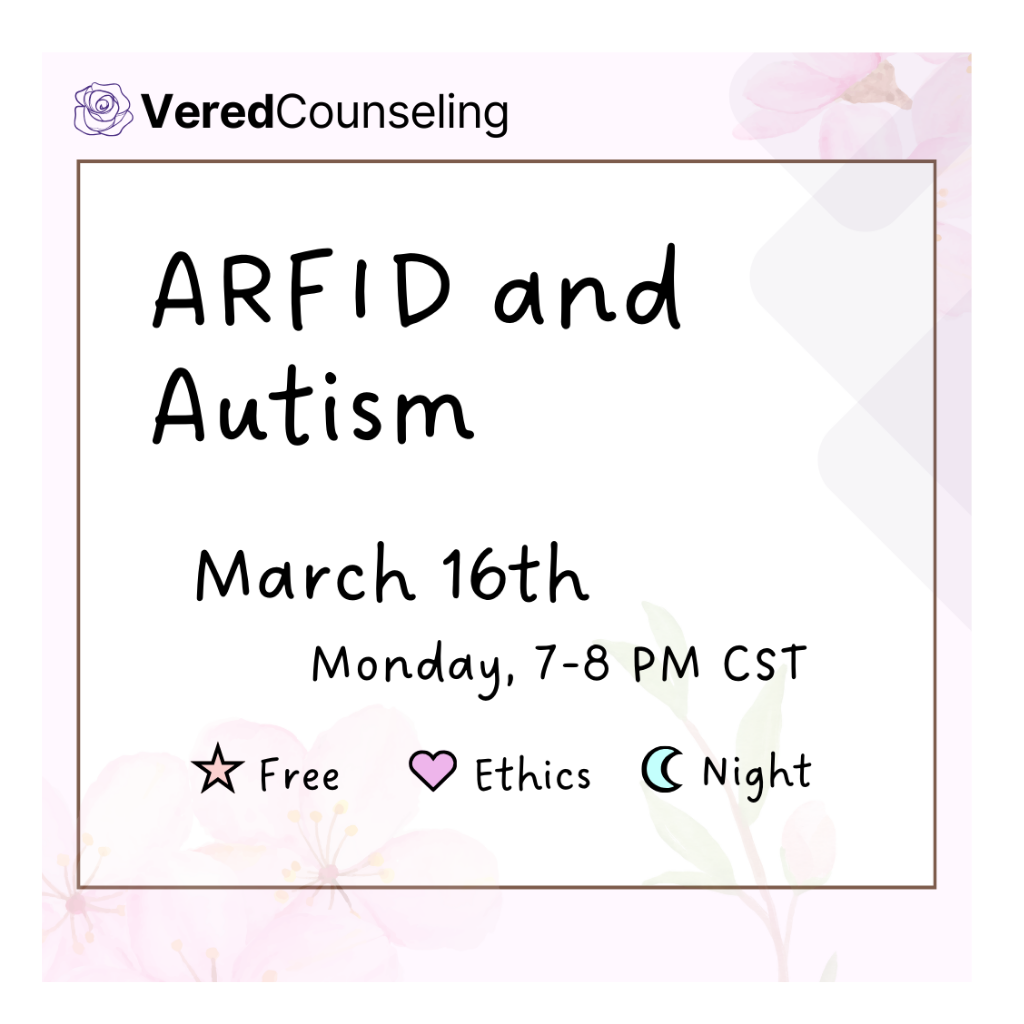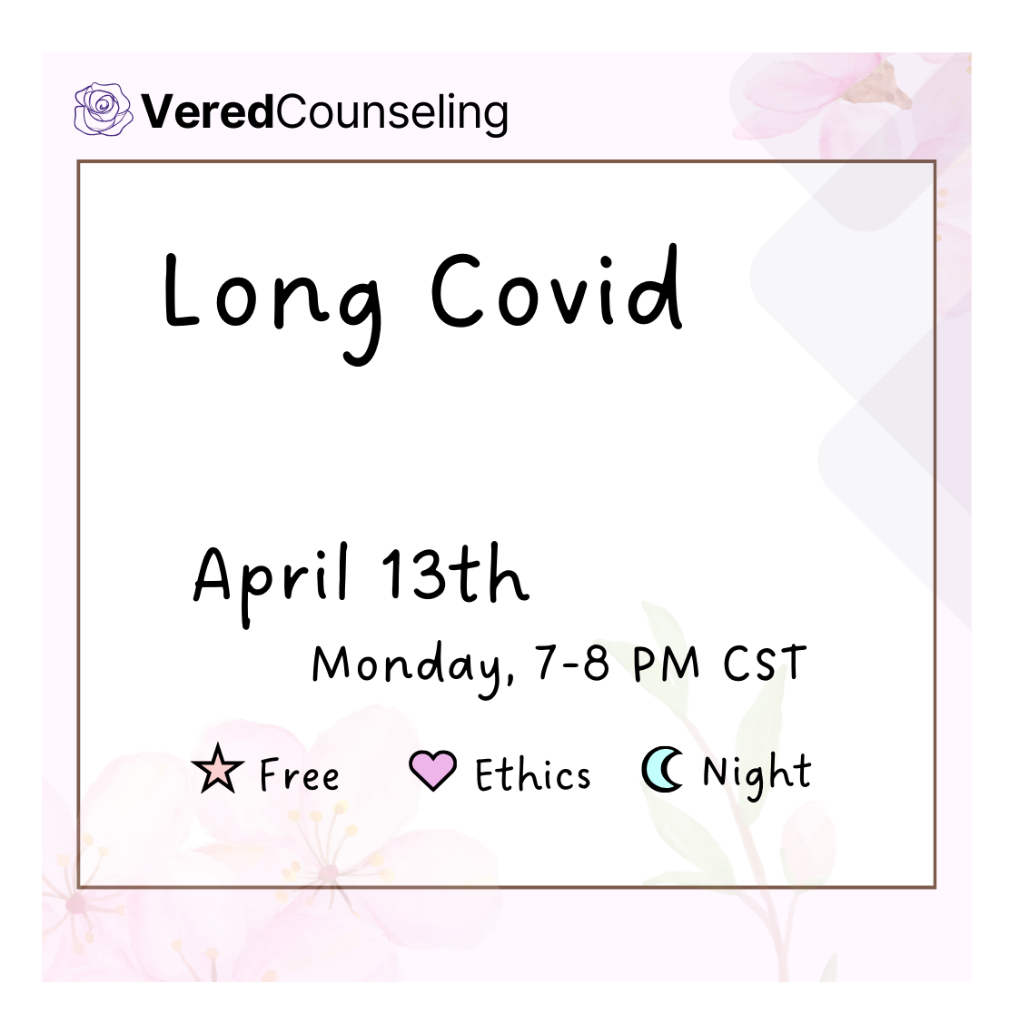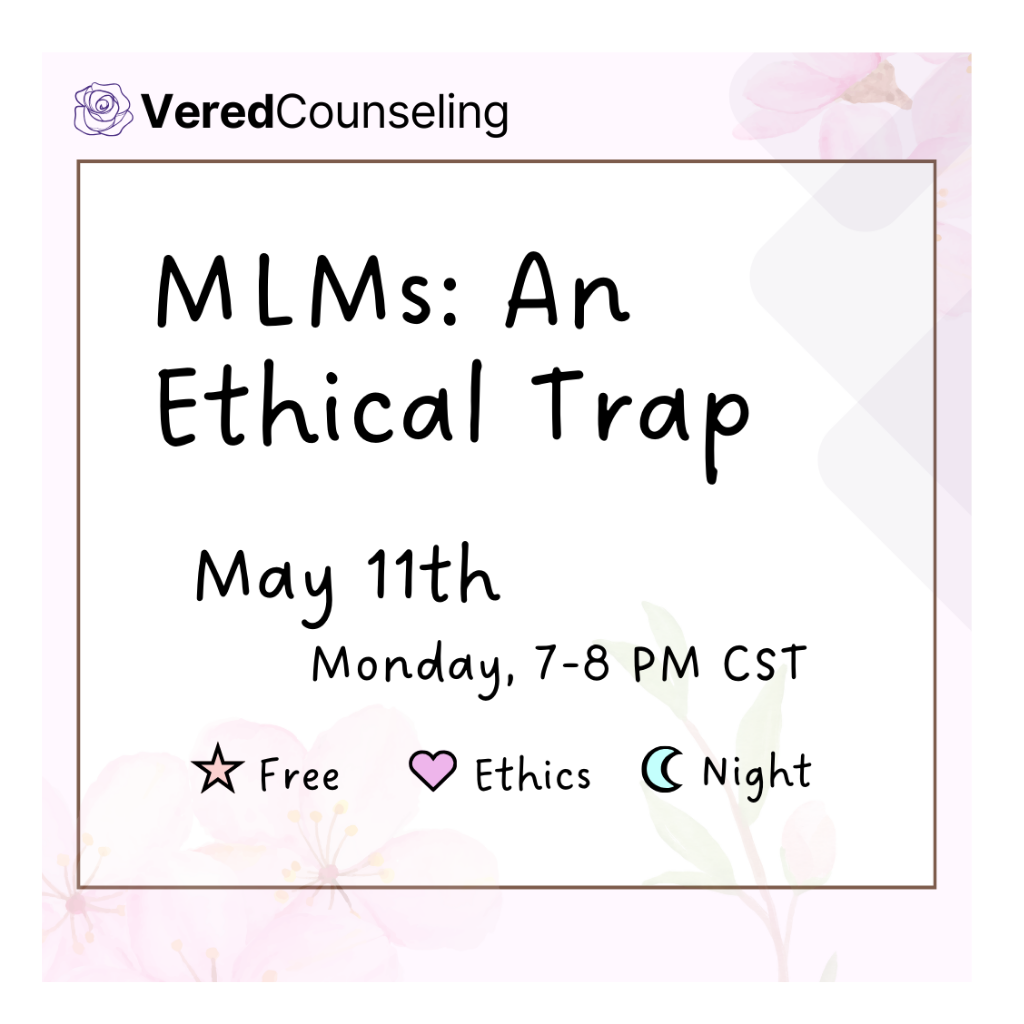Essential Knowledge: Fr. Gustavo Gutiérrez - Ethics/Cultural Diversity CEU (1 hr)
Essential Knowledge: Fr. Gustavo Gutiérrez - Ethics/Cultural Diversity CEU (1 hr)
IMPORTANT NOTE:
This class is about understanding philosophy and applying perspectives to mental health care. This does not promote any specific religious view. The hope is that by providing information and perspectives, therapists will be able to create more thoughtful and deep structures within their own practices.
—————————————
What does it mean to be a good person, when so much suffering exists around us?
If I responded to this question with the standard therapist “what do you think?” my patients would throw a pillow directly at my head.
And they’d be right to (hypothetically) do so. We don’t have to have all the answers as therapists, but patients - especially teens - know what it feels like when someone is dodging their questions.
Being a therapist means being fully present as our patients wrestle with overwhelming questions.
I don’t know for sure what it means to be a good person, but I do know that others have been wrestling with this question much longer than I’ve been alive.
Why Fr. Gustavo Gutiérrez?
Father Gustavo Gutiérrez was a Catholic priest, living and working in Peru. He saw, day in and day out, the real consequences of what he felt was the Catholic church’s inaction toward poverty.
He became convinced that the church needed to attend to matters both in heaven and on earth.
…But the poor person does not exist as an inescapable fact of destiny. His or her existence is not politically neutral, and it is not ethically innocent. The poor are a by-product of the system in which we live and for which we are responsible.
They are marginalized by our social and cultural world. They are the oppressed, exploited proletariat, robbed of the fruit of their labor and despoiled of their humanity.
Hence the poverty of the poor is not a call to generous relief action, but a demand that we go and build a different social order.
- Fr. Gustavo Gutiérrez
The influence of Liberation Theology
Fr. Gutiérrez coalesced his philosophy around the term “Liberation Theology.” He felt that God was the liberator of mankind - liberating them from sin. Therefore, the church needed to follow God’s model of liberation and love.
In liberation theology the way to rational talk of God is located within a broader and more challenging course of action: the following of Jesus.
- Fr. Gustavo Gutiérrez
Latin American Liberation Theology became a powerful philosophy, influencing disciplines as wide-ranging as education (such as Paulo Freire’s Pedagogy of the Oppressed) and medicine (such as Paul Farmer/PIH’s idea of “accompaniment”).
This class will look at Fr. Gutiérrez’s ideas through a philosophical lens, asking ourselves what it means to exist and work within an unequal world.
1 hour ethics credit.
OR
Fulfils one hour of TSBSWE cultural diversity requirement
Other Offerings
Frequently Asked Questions
-
Do I have to be Catholic to benefit from this class?
This class approaches religious topics from academic, historical and philosophical perspectives. This class is for everyone.
Can you talk about religion in a CEU? Is this evangelism?
While religious therapy exists, this class does not provide any information about using religion in therapy.
This class is focused on philosophy, looking at “the big questions” through a non-religious lens.
Can you talk about social class in a CEU? Is this communist propaganda?
I occasionally get some weird comments in the post-class surveys. Explicitly and directly, I want to state that pointing out poverty exists and this guy said it was bad is not ⋆⁺₊✧ ”communist propaganda” ✩₊˚.⋆
Are you qualified to talk about this?
If you have been to a prior CEU, you might know that I have a policy of getting feedback from (and compensating) sensitivity readers. I am not going to talk about the work of Fr. Gutiérrez on my own, but with the input of others as well.
-
If you’re a social worker in Texas and North Carolina, absolutely! I know what they require because I’m licensed in those states.
VERED COUNSELING on CE BROKER: https://courses.cebroker.com/providers/54951-vered-counseling
For other states, check with your state licensing board for more definitive information and specific requirements.
This CEU is not pre-approved by any state or organization.
Per Texas Board of Social Work Examiners (Title 22, Part 34, Chapter 781, Subchapter C, Rule §781.501), Texas views CEUs given by council-approved Supervisors as in the same category as CEUs given by national organizations like the NASW. )
(For more background: approval processes can cost hundreds of dollars. Usually, only CEUs that would recoup these fees go through this process. If I were to get national certification for a class, I probably would not be able to offer it for free.)
-
All CEUs are held online.
-
The CEUs are live.
-
Yes! The platform used is compatible with live captions. Instructions to enable them will be provided when given session information.
-
As a general policy, I don't share my full slides. I want to encourage people to attend the CEUs. Being a healthcare provider can be incredibly isolating, especially if you’re in private practice. I want to build a space where you can see that other people care about the same things you do.
Teaching and providing these CEUs is a passion project, and I’m always trying to strike a balance between information accessibility and building community.
Some specific CEUs, such as ARFID and Autism and MLMs: An Ethical Trap, do provide modified versions of some slides to help participants review examples.
-
The classes will not be recorded.
If you feel like recording the class may be a helpful accommodation in your own learning, you may record the classes for your own personal review.
To protect the privacy of other workshop members, any use of recordings other than personal review by the CEU participant is not allowed.
-
All CEUs are lead by Kimberly Vered Shashoua, LCSW.
After getting Bachelors Degrees in Neuroscience and Psychology, Kimberly went on to get a Master's in Social Work. Kimberly's work has won numerous awards and accolades, including publication in a scientific journal as a sole author while in graduate school.
Kimberly's wisdom, insight, and wit have made them a highly sought-after speaker and educator. Their insights have appeared in USA Today, the LA Times, and at the Game Developer's Conference.
Kimberly specializes in complexity. Patients who are medically frail, suicidal, and/or have severe and persistent mental illness can find support at Vered Counseling.
Kimberly also has a decade of experience working with transgender and neurodivergent youth.
-
While there is no penalty for missing a free CEU, we ask that you do not sign up for sessions you are not planning on attending.
We use registration counts to determine when to close the class to new sign ups (and offer a new section instead).
-
All the CEUs are Ethics CEUs. They involve discussing ethical failures and reflecting on how we need to change in order to meet a higher ethical standard.
The Developing an Ethical Framework CEU has a specific content warning related to the intensity of ethical challenges described.
Additionally, all CEUs will include profanity. I follow the George Carlin school of determining what is profane.
(I was trying to think of some folksy euphemism for profanity, but I’ve got nothing. One of my grandmothers regularly left accidental voicemails cursing at technology. My other grandmother didn’t speak English very well, but loved watching The Jerry Springer Show on maximum volume. The heel turn is my birthright; someone pass me a folding chair.)
-
Nope, all the typos and terrible opinions are my own.
As I say in my newsletter:

